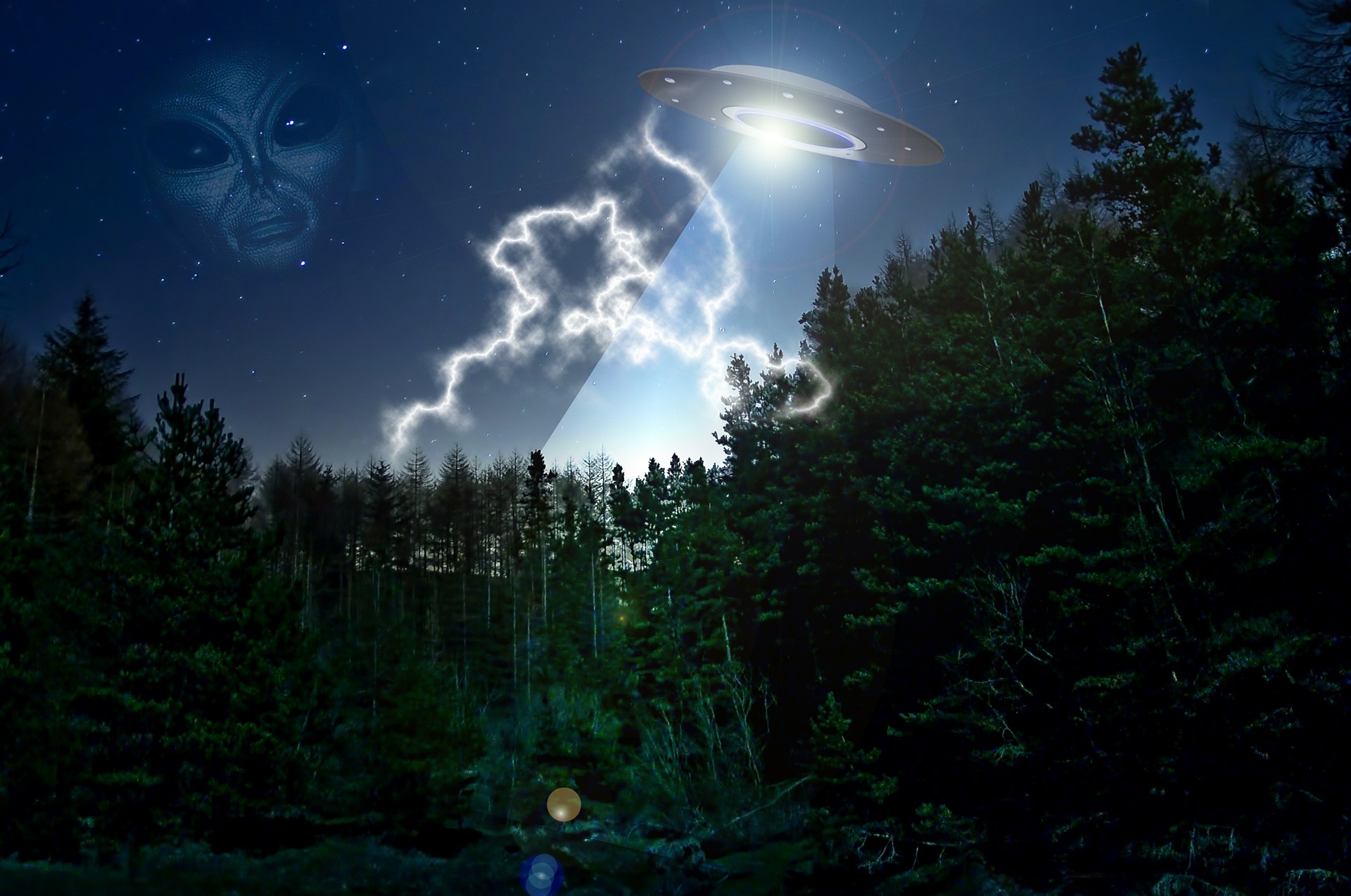The Psychology of Darkness and Alien Encounters

Darkness has long been associated with fear, mystery, and the unknown, making it a fertile ground for the exploration of alien encounters. The psychological effects of darkness on human perception and imagination play a crucial role in shaping our beliefs and experiences, especially when it comes to the paranormal.
The Psychological Effects of Darkness
Darkness disrupts our senses, particularly our sight, the dominant sense for most humans. This sensory deprivation triggers a cascade of psychological responses, including heightened awareness, increased anxiety, and a greater susceptibility to suggestion. In the absence of visual cues, our brains become more receptive to auditory and tactile stimuli, amplifying sounds and sensations, leading to misinterpretations and heightened anxiety. This heightened sensitivity can contribute to the perception of paranormal phenomena, such as hearing whispers, seeing shadows, or feeling a presence.
Darkness and the Imagination
Darkness also unleashes the power of the human imagination. When our senses are deprived of visual information, our minds are free to wander and conjure up images, stories, and fears. This can be particularly potent in the context of alien encounters, as darkness provides a blank canvas for our imagination to paint fantastical scenarios. The lack of visual confirmation allows our minds to fill in the gaps, leading to vivid and often terrifying interpretations of unexplained events.
Common Themes and Tropes
Alien encounters in dark environments often feature common themes and tropes that exploit the psychological effects of darkness.
- Isolation and Vulnerability: Alien encounters in darkness often occur in isolated locations, such as rural areas or abandoned buildings, emphasizing the protagonist’s vulnerability and sense of isolation. This intensifies the fear and helplessness experienced by the characters, creating a more impactful and suspenseful narrative.
- Unseen Threats: Darkness allows for the creation of unseen threats, such as lurking figures, strange sounds, and unexplained phenomena. This uncertainty and the constant fear of the unknown fuel the suspense and keep the audience on edge.
- The Uncanny Valley: Alien encounters often involve creatures or beings that are both familiar and unsettling, blurring the lines between human and non-human. Darkness amplifies this effect, making it difficult to discern the true nature of the encounter and heightening the sense of unease.
Darkness in Literature and Film, Dark skies alien in bedroom
Authors and filmmakers have long utilized darkness to create suspense and fear in their works.
- H.P. Lovecraft: Lovecraft’s cosmic horror stories often feature alien encounters in dark, desolate environments, emphasizing the vastness and indifference of the universe. The darkness in his works represents the unknown, the unfathomable, and the ultimate powerlessness of humanity in the face of cosmic forces.
- Stephen King: King’s horror novels frequently utilize darkness to create a sense of dread and paranoia. His characters often find themselves in isolated, dark locations, where their fears and anxieties are amplified by the lack of visual cues. Darkness becomes a symbol of the hidden dangers lurking in the shadows, both within and outside the characters.
- The Blair Witch Project: This found-footage horror film utilizes darkness effectively to create a sense of realism and immediacy. The film’s setting in the dark, dense woods emphasizes the characters’ isolation and vulnerability, amplifying the fear and uncertainty surrounding the unknown entity that haunts them.
The Bedroom as a Space of Mystery and Wonder: Dark Skies Alien In Bedroom

The bedroom, a personal sanctuary, provides a haven for introspection and reflection. It is within the confines of this private space that we shed the external world and delve into the depths of our own consciousness. The bedroom becomes a stage for the unfolding of our innermost thoughts, desires, and fears.
The Bedroom as a Portal to the Unknown
Within the intimate confines of the bedroom, the boundaries between reality and imagination blur. The darkness, a canvas for the mind’s projections, invites us to explore the realm of the unknown. The flickering shadows, the whispers of the wind, and the echoes of silence all contribute to a sense of mystery and wonder. It is in this space of heightened awareness that we are most susceptible to the whispers of our subconscious, where the boundaries of our waking world dissolve and the extraordinary becomes possible.
The Role of Dreams and Nightmares
Dreams, those ephemeral voyages into the subconscious, hold a profound power to shape our perceptions of the unseen. They offer glimpses into the hidden recesses of our minds, revealing fears, desires, and anxieties that may be concealed in the light of day. Nightmares, on the other hand, serve as a reminder of the fragility of our reality and the potential for darkness to seep into our waking lives. They can be a source of both terror and fascination, reminding us of the primal forces that lie dormant within us.
The Bedroom as a Catalyst for Imagination
The bedroom, a place of solitude and introspection, serves as a fertile ground for the cultivation of imagination. The absence of external distractions allows the mind to wander freely, untethered by the constraints of the everyday world. In the quietude of the bedroom, we can tap into a wellspring of creativity, conjuring up fantastical worlds and scenarios that defy the bounds of logic and reason. The bedroom becomes a portal to other worlds, a space where the impossible becomes possible.
